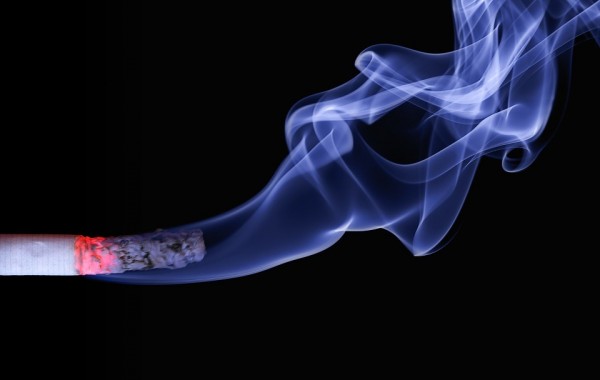
The authors reviewed approximately 2,500 adult non-smokers' self-reported rates of tobacco smoke exposure in several public and private settings following smoking bans in 2006 and 2011. The survey results showed significantly lower exposure following the second legislation, with participants reporting their overall exposure falling from 72% in 2006 to 45% in 2011. Exposure decreased across all locations surveyed, beyond the workplaces and hospitality settings covered by the 2011 legislation. For example, exposure also decreased in residences from 29% to 13% and in transportation spaces from 41% to 13%.
"The study findings highlight the impact of smoke-free policies, which contradict the hypothesis driven by the tobacco industry that smoke-free legislation merely displace smoking from public to private places," said lead author Esteve Fernández of the Catalan Institute of Oncology. Senior author Maria J. López of the Public Health Agency of Barcelona said that "exposure to secondhand smoke in selected outdoor settings may be further reduced by extending smoke-free legislation."



